
OR
Govt starts process to form a second-tier institution to regulate cooperatives
Published On: March 31, 2024 10:30 AM NPT By: Republica | @RepublicaNepal

Govt starts its move after two decades of its commitment to form a separate regulator when large number of cooperatives land into financial trouble
KATHMANDU, March 31: As the country is overwhelmed with long lists of anomalies by cooperatives, the government has stepped up efforts to form a second-tier institution (STI) as a powerful entity to regulate the sector.
In the past few years, the government has declared around two-dozen of cooperatives as problematic while various government bodies have registered thousands of complaints against a number of cooperatives, accusing them of embezzling the depositors’ money. Although the government two decades ago talked about setting up a separate STI for this purpose, it could not be materialized till date.
As of now, the Department of Cooperatives (DoC) has been working as the main regulator of the sector. The entity has often been criticized for failing to effectively monitor more than 32,000 cooperatives operating in the country.
Although the new constitution has talked about empowering local governments to regulate the cooperatives in their respective areas, they have been reluctant to do so either in the lack of laws or the availability of human resources. Except for a few large cooperatives under its jurisdiction, Nepal Rastra Bank has also refused to regulate thousands of cooperatives.
Minister for the Land Management, Cooperatives and Poverty Alleviation Balaram Adhikari said the government has forwarded the process of forming a powerful STI, seeking to establish a new regulator of cooperatives. “The time has come to take stern action against cooperatives to make these organizations run according to laws,” said Adhikari, speaking at a program on Friday.
Sudarshan Dhakal, former registrar of the DoC, said there have been discussions for forming a separate STI to monitor savings and credit cooperatives since sixteen years. “However, no progress has been observed as of now,” he said.
Minister Adhikari said the government has prepared a draft on setting up an STI and sent it to the Ministry of Finance and the Ministry of Law, Justice and Parliamentary Affairs for their agreement in principle. “The formulation of necessary laws will be started after we receive the consent of these two ministries,” he said.
Earlier in 2018, the International Monetary Fund (IMF) had also called for the creation of a separate second-tier institution keeping in view the rising risks posed by the cooperatives in the absence of proper regulation and supervision. “The absence of a meaningful regulation and supervision of the cooperatives sector needs to be remedied, for example through the creation of a designated second-tier institution as well as resolution tools. This would complement and also support the government’s financial inclusion goals,” the report added.
Nara Bahadur Thapa, former executive director at the NRB, said the central bank is guided by its own legal framework and has a lot of financial intermediaries to look after. “Therefore, a second-tier institution is necessary to regulate and supervise cooperatives,” Thapa said.
Ramesh Chaulagain, deputy-director of the NRB, said the STI cannot supervise thousands of cooperatives. “Rather, the cooperatives should be categorized and taken to merger,” he added.
You May Like This
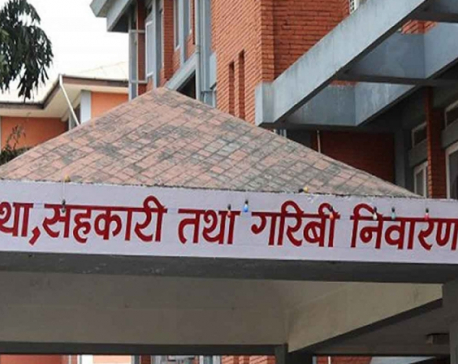
Cooperatives commit to invest in production
KATHMANDU, April 9: A conference of the cooperatives in the country has been concluded with the commitment to build a... Read More...
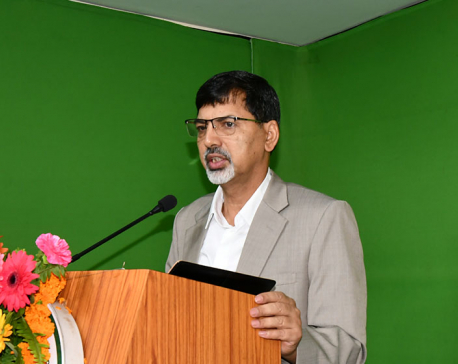
Finance Minister urges cooperatives to invest 60 percent of their investment in productive sector
KATHMANDU, August 16: Finance Minister Janardan Sharma has urged the savings and credit cooperatives to inject 60 percent of the... Read More...

Cooperatives growth on a declining trend
KATHMANDU, Sept 21: The growth rate of cooperatives is on a declining trend since 2009/10. ... Read More...
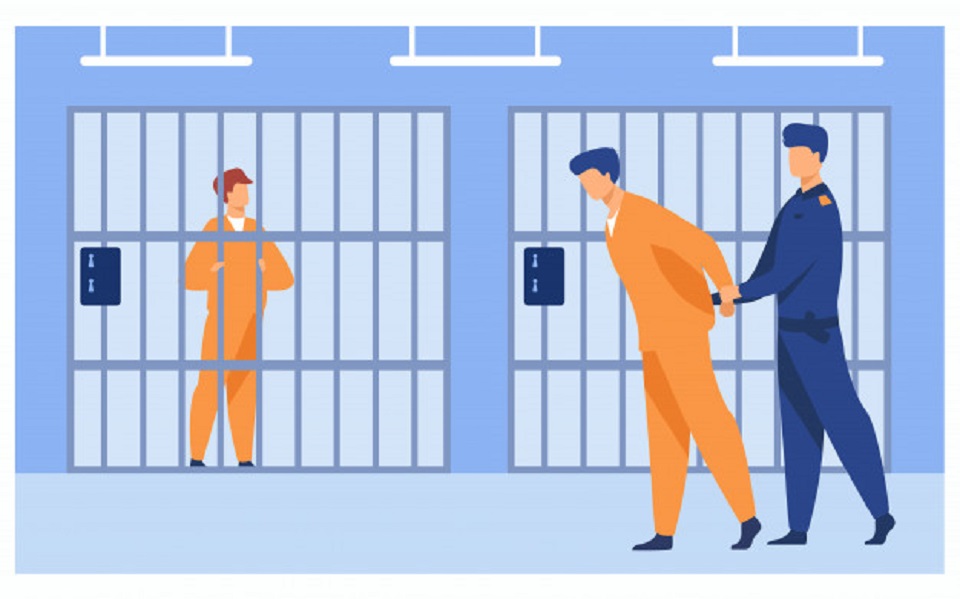

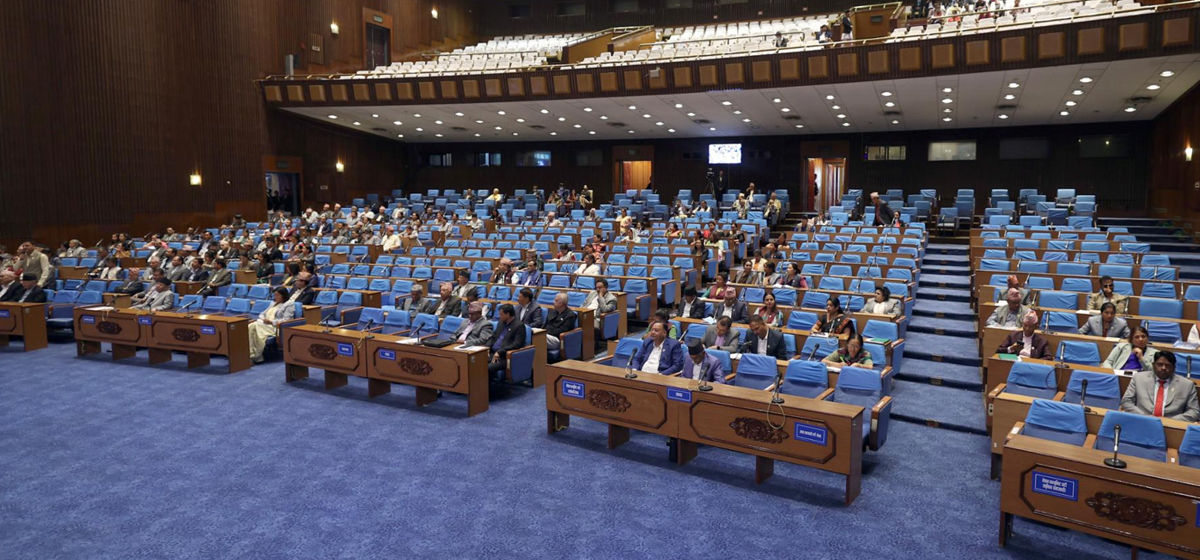
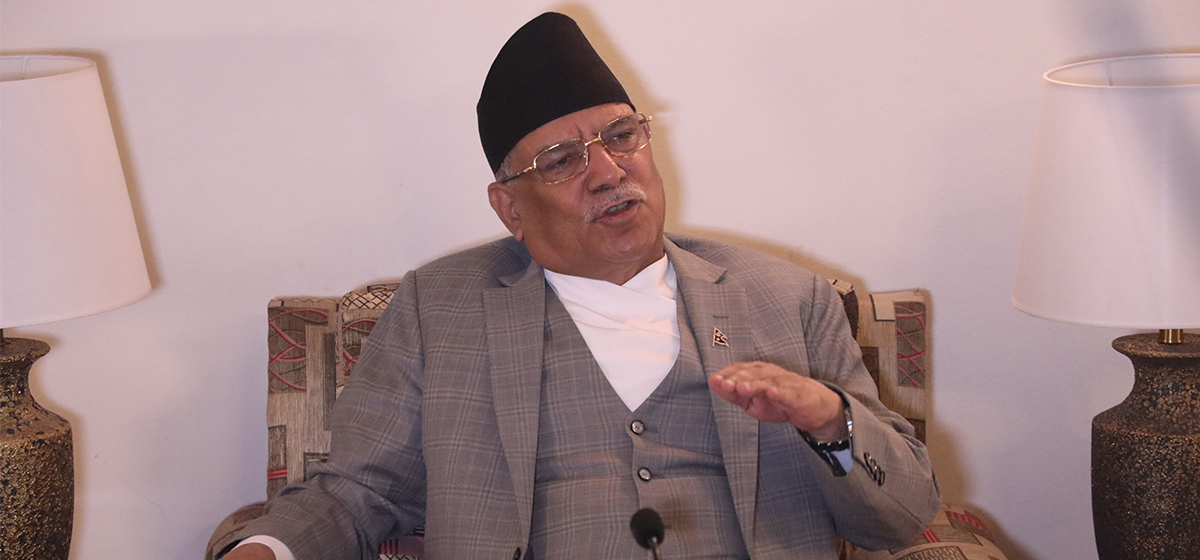
Just In
- Two fugitives brought to Nepal after Dubai arrest
- Koshi Province govt expansion: Five ministers and two state ministers inducted
- One more arrested in Surkhet firing case
- British Embassy celebrates King Charles III’s birthday
- National Assembly meeting postponed after NC's obstruction
- 11 NSU activists arrested for protesting in front of parliament building
- HoR meeting postponed to Sunday
- PM invites NC for talks amid House deadlock




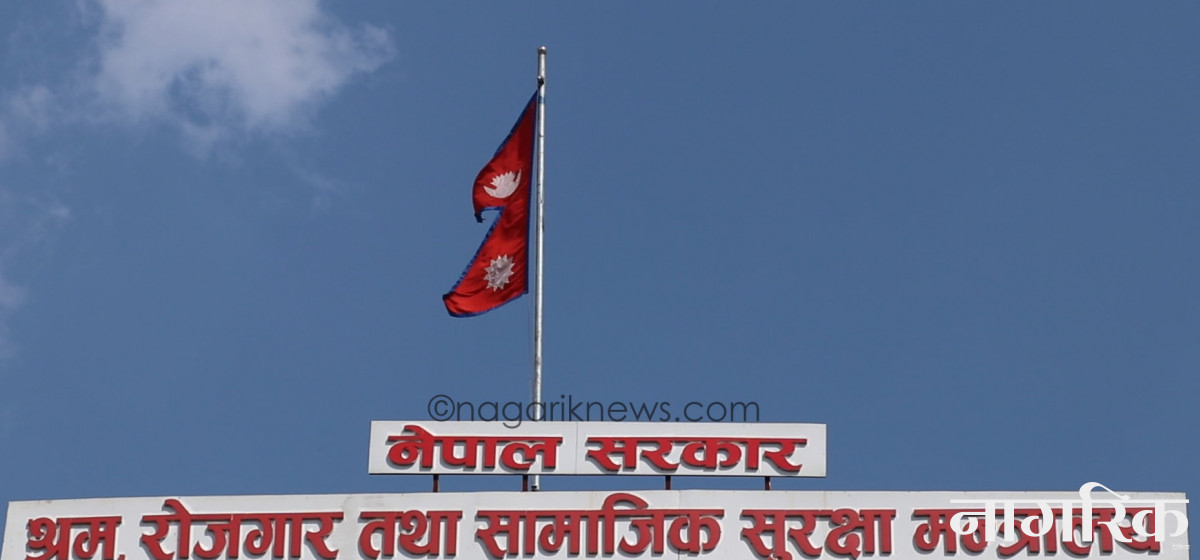
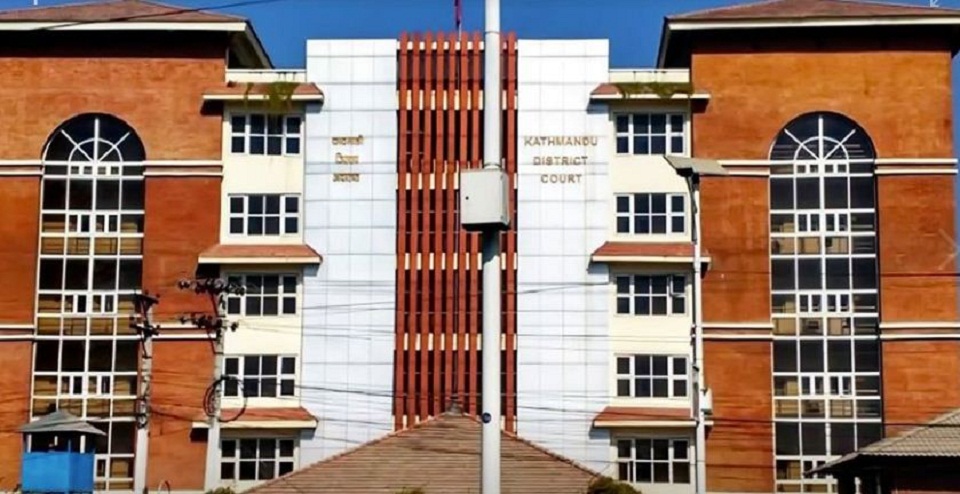



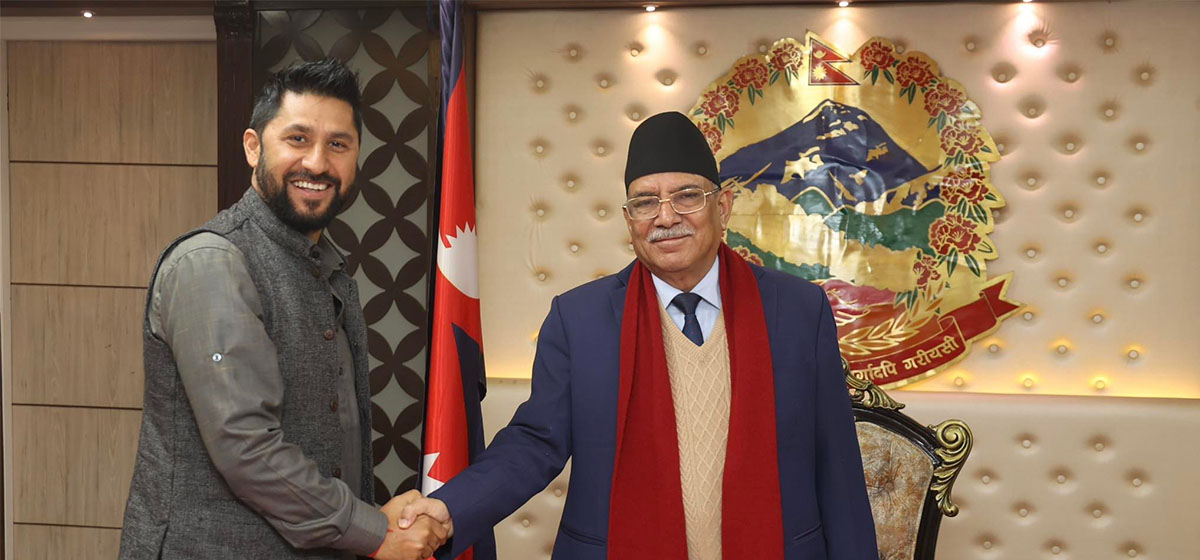



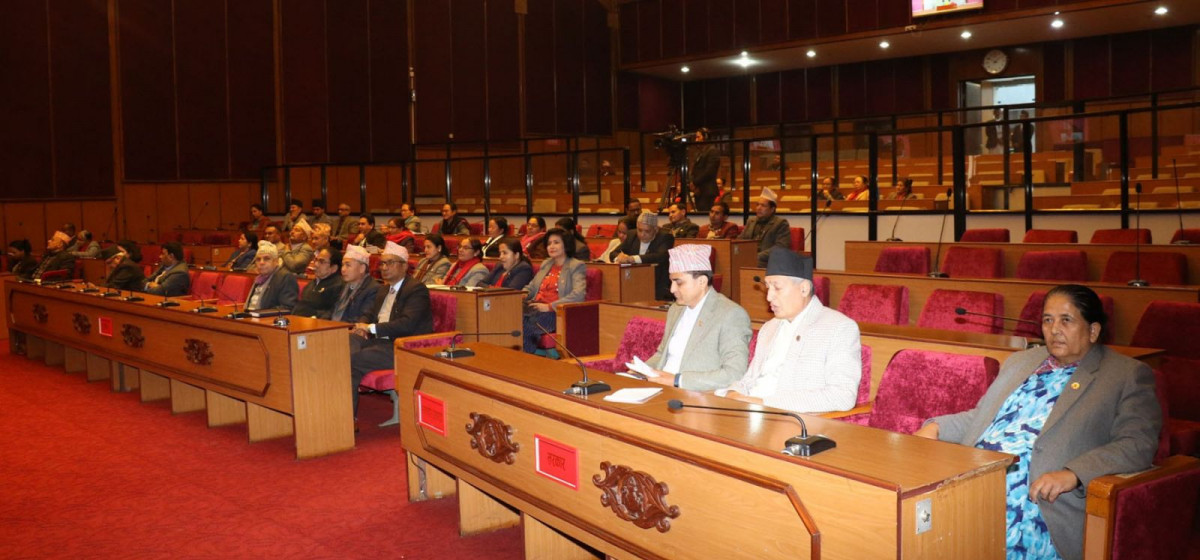
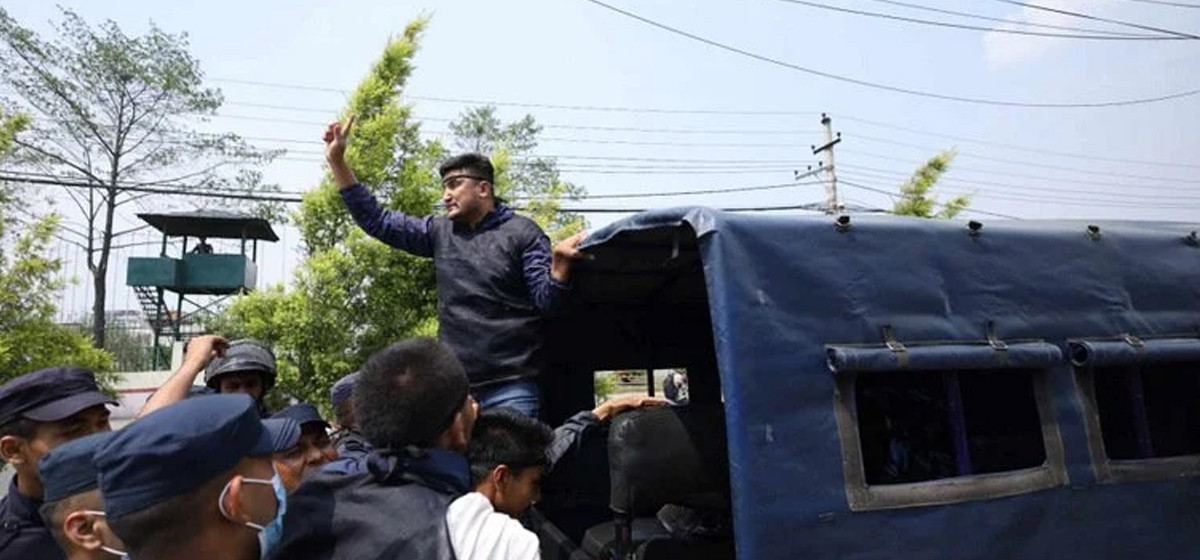
Leave A Comment